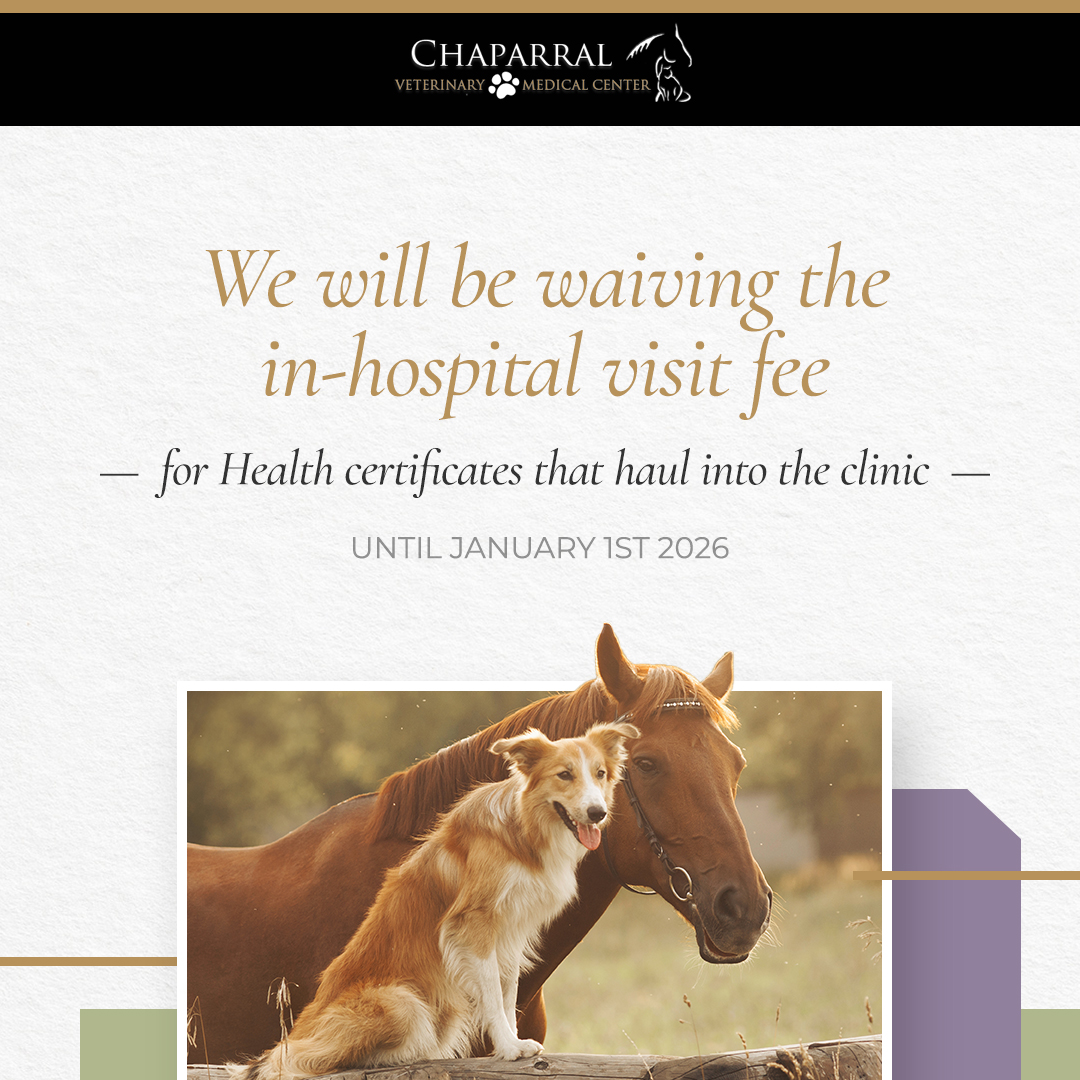Cave Creek, AZ 85331
Peritonitis in Horses: All You Need To Know

Peritonitis is a potentially life-threatening illness for equines. Fortunately, thanks to the advancements made in modern veterinary medicine, it is now possible for many horses to survive provided that they are diagnosed and treated promptly.
Here is everything that you need to know about this condition, including how to recognize it and what treatment is available.
What Is Peritonitis?
Peritonitis refers to the inflammation and potential infection of a part of your horse’s body called the peritoneum. The peritoneum is a thin, shiny protective membrane that covers the intestines and lines the insides of the walls of the abdominal cavity. Its purpose is to provide a smooth, healthy surface for the various elements of the bowel to slide over one another so that they don’t become stuck together. The peritoneum also produces fluid that is used to help lubricate the contents of the abdomen. This fluid can be used to help counteract infections.
While peritonitis can be confined to a small area, it can also be generalized. It can also be a disease within its own right or a side effect of another condition.
What Causes Peritonitis?
There are numerous different things that can cause peritonitis in horses. These include:
A bacterial infection entering the bloodstream
Complications as a result of abdominal surgery
Complications arising during the birthing
A twisted uterus
Rupture of the bowel
Rupture of the stomach
Formation of a tumor
Infection of the abdominal cavity
Infection of the peritoneal cavity
Piercing of the peritoneum membrane
Symptoms Of Peritonitis In Horses
If your equine exhibits any of the following symptoms, it is essential that you call your vet as soon as possible as they are indicators of peritonitis.
Diarrhea
High temperature/fever
Swollen, bloated abdomen
Dehydration
Weight loss
Dull, lifeless coat and eyes
Sweating
Rapid heart rate/palpitations
Abdominal pain
Aversion to physical activity
Lethargy
Convulsions
Colic-type symptoms that don’t disappear within a few days
A combination of these symptoms can see your horse going into shock, and in this scenario, death usually occurs fairly quickly.
Diagnosing peritonitis requires a series of blood tests to be taken, and these will be rushed through to determine a clinical diagnosis.
Treating Equine Peritonitis
Fortunately, in many cases, it is entirely possible to treat equine peritonitis. However, if your horse experiences a very sudden episode of peritonitis that is triggered by a ruptured bowel or stomach, euthanasia is usually the kindest option as treatment is very unlikely to yield success.
When peritonitis is treatable, this is done with the intention of stabilizing his body systems in order to save his life. This will involve a combination of different therapies including anti-inflammatories, antibiotics, replacement fluids, electrolytes, and even blood transfusions. In some instances, the peritoneal cavity may also be flushed using saline liquid to clear away any bacteria.
When your horse is diagnosed, your equine vet will explain exactly what treatment they will recommend and give you their expectations for a full recovery. For more information contact Chaparral Veterinary Medical Center today 480-595-8600!













